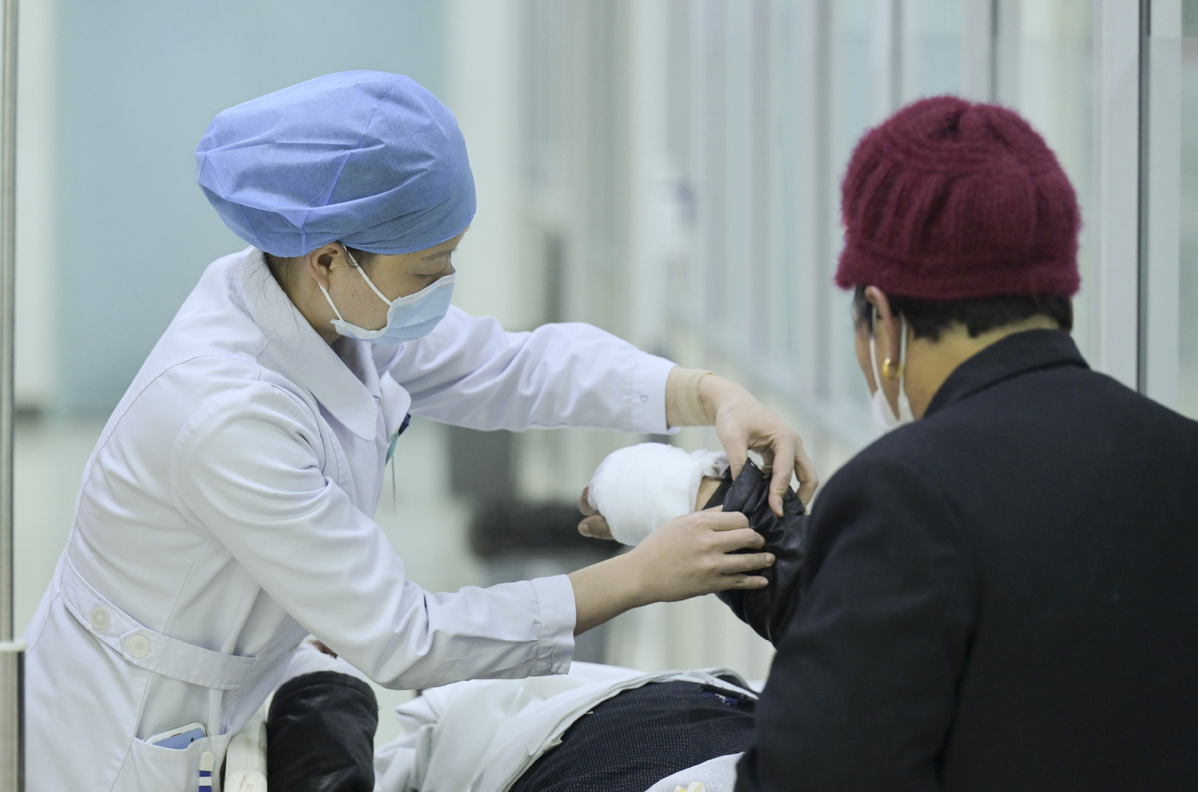Q&A on Chinese medical insurance reform


Q7: How about the reforms' impact on the elderly and retirees?
A: The elderly get sick more often and the surplus on their personal accounts is low, which means that most personal accounts cannot meet their demands for outpatient visits and medications.
"All of the insured can receive benefits from the reforms, especially employees suffering chronic illnesses and retirees. And the amount of benefits will far exceed the amount deducted from their monthly allowance sent to personal accounts," said Zhang Xiao, a medical and social security professor at Dongnan University.
The guideline released in April 2021 also stated that preferable policies should be given to elderly retirees when devising reimbursement percentage. For example, in Huhhot in Inner Mongolia autonomous region, the reimbursement rate for retirees is 5 percent higher than the regular level. In addition, a number of local authorities have taken the initiative to reimburse common chronic illnesses for the elderly using their public accounts.
Q8: How to better implement these reform measures?
A: On Wednesday, the administration released a notice calling for the expansion of the number of drugstores that agree to have medical bills reimbursed by unified accounts.
"We will build the capacity of community health institutions, so that residents can see doctors when they need to, while increasing the number of drugstores where medicines can be purchased more conveniently," said Wang Zongfan. He also suggested enhancing communication between hospitals and drugstores so that outpatient prescriptions can promptly be sent to drugstores.
Source: National Healthcare Security Administration
























